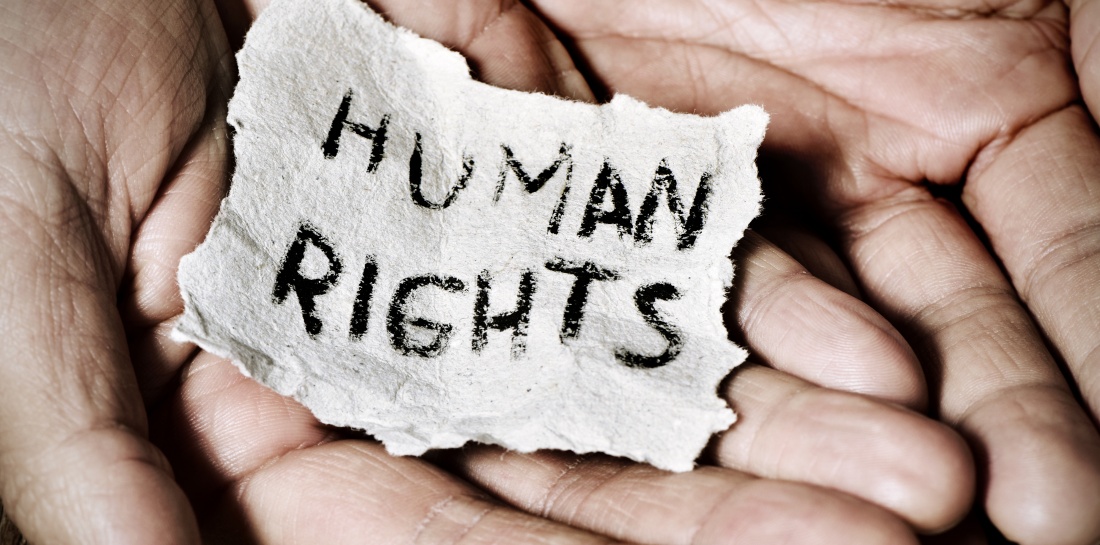You would think that building a whiter-than-white company reputation on issues as vital as human rights would be high in the minds of bosses after a slew of scandals and ethical boycotts, but research suggests the efforts of many listed firms have fallen short.
The Corporate Human Rights Benchmark (CHRB), research backed by a group of NGOs, charities and well-known asset managers, found a “disappointingly low” average score among 100 global listed companies judged on their respect for human rights.
On a sliding scale where 100 marked excellence with regards the human rights of workers across its supply chain, the average score was just 29.
Worse still, a recent update from the group revealed 56% of the companies it assessed had failed to even properly engage with them since the pilot benchmark was first published last year.
Given the growing importance of a company’s sustainable image among consumers both young and old, avoidance of the issue seems a strange strategy.
Time for real change
Steve Waygood chairs the CHRB alongside his role as chief responsible investment officer at Aviva Investors and in a recent update said that there is a “huge distance to travel” before real change comes.
“We’ve seen that the ‘average performer’ is a ‘poor performer’ and there is a lack of board level leadership on human rights within many of the largest and most identifiable companies in the world,” he said.
“Companies are, on average, failing to disclose the information that stakeholders rely on to make informed choices around human rights. The basics of responsible business practice, including the adequate implementation of the UN Guiding Principles on Business and Human Rights, are not yet business as usual.”
A jaded generation mostly referred to by the over-used ‘millennials’ label already distrusts the corporate world and wants to support business that can be done profitably as well as sustainably.
A 2015 report by Nielson found 66% of all consumers would spend more on a product if it came from a sustainable brand. For the millennial generation, which has been shown in studies to pay far more attention to ethical and sustainable standards, the figure rose to 73%.
The numbers show it is not purely a generational issue, but current trends suggest the importance of a brand’s corporate sustainability and approach to ethical issues will only increase as the younger generation comes to control a greater bulk of spending power.
Financial services an influential target
The imminent transfer of wealth from older to younger generations will also likely lead to a more ethical breed of investor materialising. The industry has already seen the rapid development of ESG and impact investing, and the CHRB hopes investors will help it influence sweeping changes across the corporate world.
One of the CHRB’s listed objectives is to “enable investors to incorporate social ‘costs’ into capital allocation”.
Removing funding for the firms who fall short on ethical and human rights issues would, the CHRB hopes, put enough pressure on companies to force them into engaging with changes.
Waygood even wants to see the share prices of the companies hit to really press home the point. The group are serious about pushing hard on companies to act.
To change production lines and systems that have been in place for decades will always be a logistical headache for firms with a plethora of other factors at play, but engagement with the issue is the very least companies can do.
The CHRB says that there is work underway at a corporate level among some of the better performers, but accepts that the fruits of their labour will take time to filter through and produce proper results and change.
What is certain is that companies burying their proverbial head in the sand and not responding to studies such as the Human Rights Benchmark will do very little to help their corporate reputation, and in turn risks damaging growth and survival over the long-term.



